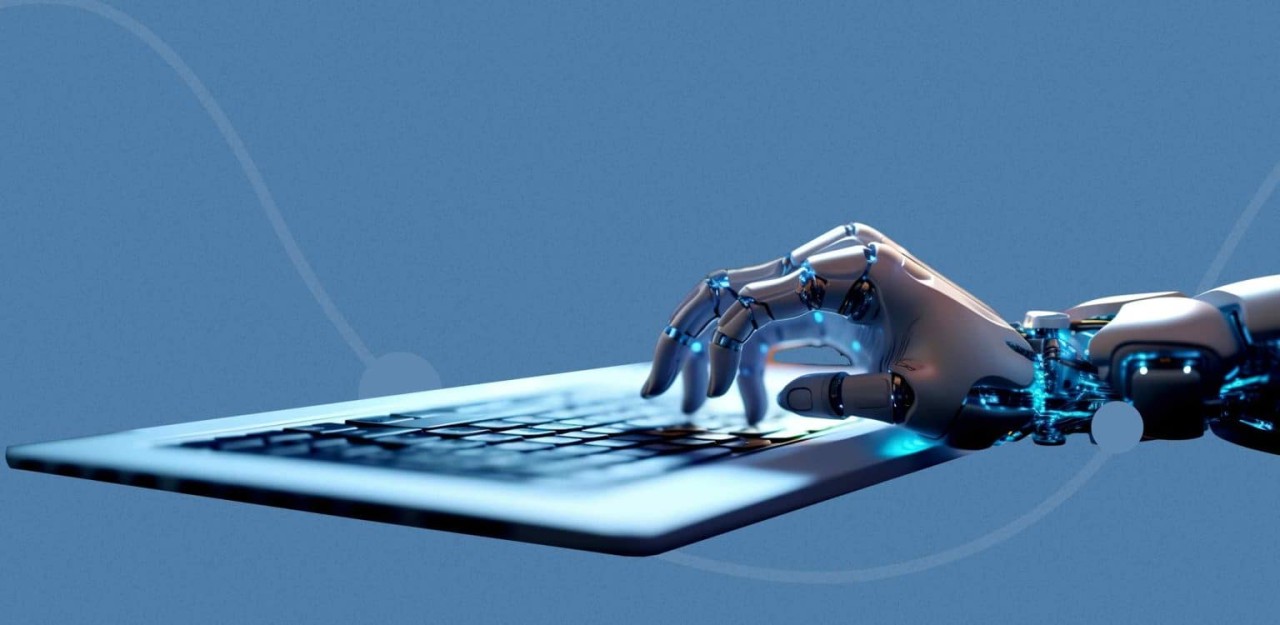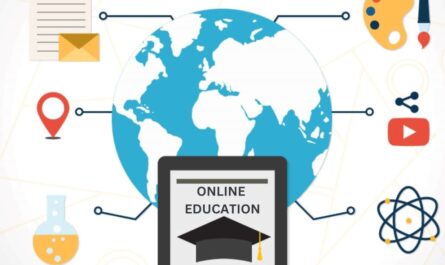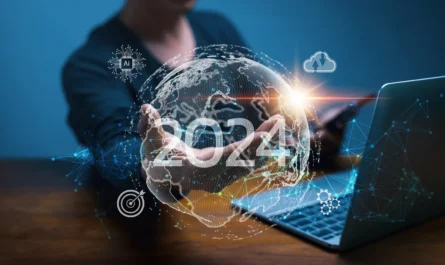Artificial Intelligence (AI) and automation are among the most transformative technologies of our time, with the potential to revolutionize industries, economies, and daily life. In the U.S., tech giants such as Google, Microsoft, Amazon, Apple, and Facebook (now Meta) are leading the charge in the development and application of AI and automation technologies. These companies have not only invested heavily in AI research but are also deploying it at scale, reshaping everything from business operations to healthcare, transportation, and entertainment. In this article, we’ll explore how America’s tech giants are shaping the future of AI and automation and the impact these innovations will have on society.
1. Google: Pioneering AI with DeepMind and TensorFlow
Google has been at the forefront of AI development for years, largely due to its acquisition of the UK-based AI company DeepMind in 2014. DeepMind’s breakthrough in AI research, particularly its work in reinforcement learning and neural networks, has helped drive significant progress in a range of fields—from game playing to health diagnostics. The company made headlines when its AI-powered system, AlphaGo, defeated a world champion Go player in 2016, a milestone that demonstrated the potential of AI to solve complex problems.
Google’s AI efforts are also embodied in its TensorFlow platform, an open-source software library for machine learning and deep learning. TensorFlow allows developers and companies to build and deploy AI models for a wide range of applications, from image and speech recognition to autonomous driving. By making such tools publicly available, Google is helping to democratize access to AI, allowing smaller companies and researchers to harness its power.
Additionally, Google’s AI is heavily integrated into its consumer products. From voice assistants like Google Assistant to smart devices powered by AI algorithms, Google is embedding machine learning into everyday life. Its AI-driven search engine, for instance, has become exponentially more intelligent, delivering increasingly personalized search results and recommendations.
2. Amazon: Automation in E-Commerce and Logistics
Amazon has leveraged AI and automation to revolutionize e-commerce, logistics, and cloud computing. The company’s AI-powered recommendation engine, which suggests products based on customers’ browsing history and preferences, is one of the most effective applications of AI in retail. This system uses deep learning to predict consumer behavior, allowing Amazon to target customers with highly personalized marketing.
Amazon’s dominance in automation is perhaps most evident in its logistics and fulfillment centers. Through the use of AI and robotics, Amazon has optimized its supply chain and revolutionized warehouse operations. The company employs thousands of robots, developed by its subsidiary Amazon Robotics, to automate tasks such as picking, sorting, and packing products. These robots work alongside human employees, significantly increasing efficiency and reducing operational costs.
In addition to warehouse automation, Amazon is using AI in its delivery network. The company has invested in autonomous delivery systems, including drones and self-driving vehicles, with the goal of reducing delivery times and costs. Amazon’s ambitious Prime Air project, for instance, aims to deliver packages within 30 minutes using drones, showcasing the company’s commitment to leveraging AI and automation for faster, more efficient service.
3. Microsoft: Advancing AI for Business and Society
Microsoft’s approach to AI focuses on empowering businesses and individuals through cloud computing, AI tools, and strategic partnerships. With its Azure cloud platform, Microsoft has become a major player in AI as a service, offering businesses access to powerful AI tools that can be integrated into their operations. Azure’s AI services provide everything from natural language processing (NLP) to predictive analytics and machine learning models, enabling companies to harness the power of AI without needing deep technical expertise.
One of the most notable AI innovations from Microsoft is its work in AI ethics and responsible AI development. The company has invested heavily in developing AI systems that are transparent, fair, and accountable. For example, Microsoft’s AI tools for healthcare are designed with privacy in mind, ensuring that sensitive patient data is protected while still enabling AI to improve diagnostics and treatment outcomes.
Microsoft is also integrating AI into its own products, such as Office 365, where AI is used to improve productivity through features like automated scheduling, transcription, and content creation assistance. The company’s AI-powered virtual assistant, Cortana, also helps users with tasks like email management and setting reminders, though it has been overshadowed by competitors like Amazon’s Alexa and Google Assistant.
4. Apple: Innovating with AI and Automation in Consumer Devices
Apple has been a key player in bringing AI and automation to the consumer device market, particularly through its hardware and software ecosystem. The company’s AI efforts are best known through its Siri voice assistant, which uses natural language processing and machine learning to understand and respond to user commands. Siri has become more intelligent over the years, with the ability to learn from user interactions and provide more personalized responses.
Apple’s focus on automation is also reflected in its hardware innovations. The company’s custom-designed chips, such as the A-series processors and the M1 chip, are optimized for AI tasks, enabling features like real-time photo enhancement, facial recognition, and augmented reality (AR). The company’s Face ID feature, which uses AI to recognize a user’s face and unlock their device, is a prime example of how Apple is using AI to improve user experience and security.
In the automation space, Apple’s HomeKit platform allows users to control smart home devices through their Apple ecosystem. Using AI, the platform can learn user preferences and automatically adjust settings for lighting, temperature, and security, creating a more seamless and automated living environment.
5. Meta (formerly Facebook): AI for Social Media and the Metaverse
Meta, the parent company of Facebook, Instagram, and WhatsApp, has been aggressively investing in AI to enhance its social media platforms and build the next frontier of digital interaction: the Metaverse. AI plays a central role in how Meta serves content to users through its news feed and ad targeting. Machine learning algorithms are used to curate personalized posts, images, and videos, as well as to identify inappropriate or harmful content in real-time.
Meta’s AI research is also expanding into new areas, such as the Metaverse, a virtual reality (VR) and augmented reality (AR) ecosystem that aims to provide immersive, interactive experiences. The company’s investment in AI is central to developing this new frontier, from creating realistic avatars to enabling more intelligent interactions within virtual spaces. For example, Meta’s AI researchers are working on natural language understanding and gesture recognition, which will allow users to interact with the virtual world in more intuitive and natural ways.
Through the development of AI and AR technologies, Meta is positioning itself as a leader in the next evolution of the internet, where immersive, AI-driven experiences could redefine how people communicate, shop, and socialize online.
6. The Ethical Implications of AI and Automation
While America’s tech giants are leading the way in AI and automation, their work also raises important ethical and societal questions. The widespread adoption of AI and automation presents potential challenges, including job displacement, privacy concerns, and the risk of algorithmic bias.
Tech companies are increasingly aware of these issues and are working to address them through ethical AI frameworks, transparency in data use, and initiatives to retrain workers whose jobs are impacted by automation. For example, Microsoft and Google have both committed to responsible AI practices, ensuring that their systems are designed to be fair, transparent, and inclusive. The challenge, however, remains significant, as the pace of technological advancement often outstrips the development of regulations and ethical guidelines.
Conclusion: Shaping the Future of AI and Automation
America’s tech giants are at the cutting edge of AI and automation, driving innovations that are reshaping industries, economies, and societies. From enhancing consumer experiences with AI-powered devices to automating entire supply chains and redefining human-computer interactions in the Metaverse, these companies are pushing the boundaries of what’s possible.
As AI and automation continue to evolve, the impact on jobs, privacy, and ethics will require ongoing attention from both the tech industry and policymakers. However, with the powerful innovations coming from companies like Google, Amazon, Microsoft, Apple, and Meta, the future of AI promises to bring exciting new opportunities—and challenges—that will shape the world for generations to come.



